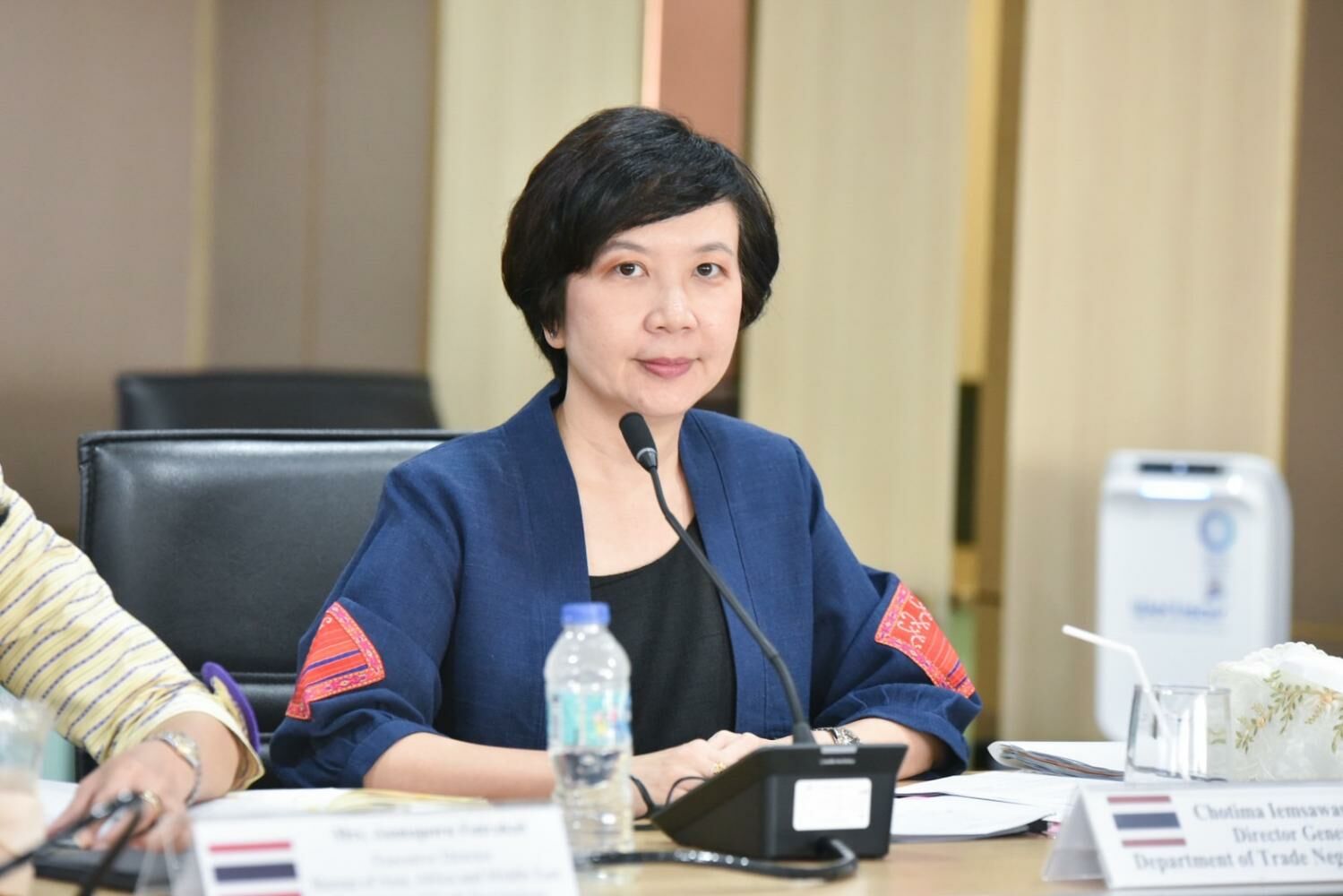Bangkok gears up for eighth round of FTA talks with EFTA

Bangkok is preparing to host the eighth round of free trade agreement (FTA) discussions with the European Free Trade Association (EFTA), scheduled to take place from January 30 to February 2. The Thai government aims to wrap up the negotiations by the middle of this year.
Chotima Lemsawasdikul, the director-general of the Trade Negotiations Department, has confirmed that the discussions will include both head-of-delegation meetings and sub-group meetings of 11 expert committees.
“FTA discussions with EFTA are pivotal for the government’s strategy to broaden trade and investment opportunities, and fortify the country’s competitive stance.”
In the upcoming negotiations, Chotima will be leading the Thai side, while the Swiss side will be headed by Markus Schlagenhof, the ambassador and delegate of the Federal Council for Trade Agreement and head of the World Trade Division in the Foreign Economic Affairs Directorate of Switzerland.
The 11 expert committee meetings are expected to tackle a wide range of topics, including trade in goods, rules of origin, trade remedies, trade in services, investment, government procurement, intellectual property, trade and sustainable development, general provisions, final provisions, and institutional provisions, cooperation and capacity building, and small and medium-sized enterprises, reported Bangkok Post.
EFTA, comprised of Switzerland, Norway, Iceland, and Liechtenstein, ranks as Thailand’s 10th largest trading partner. The first three quarters of the previous year saw trade with EFTA reaching US$9.17 billion, a figure that represents 1.73% of Thailand’s entire global trade.
Thailand exports
Thailand’s exports to EFTA totalled US$3.97 billion, while imports were valued at US$5.19 billion. The country primarily exports gems and jewellery, watches and parts, iron and steel, air conditioners and parts, and travel-related products. Imports from EFTA mainly include precious stones, silver and gold bars, watches and components, meat, and medical and pharmaceutical products.
Research conducted by the Commerce Ministry suggests that establishing an FTA between Thailand and the EFTA could boost the country’s GDP by 0.18%, approximately equal to US$886 million. Exports are projected to climb by 0.14% or US$405 million, while imports may rise by 0.22%, or around US$615 million.
It is anticipated that several Thai agricultural and food products will benefit from this agreement, including rice, maize, processed food, pet food, tropical fruit, flour, vegetable oil, processed chicken, sugar, noodles, canned fruit and vegetables, as well as fruit juices.
Industrial goods like clothes, automobiles and auto parts, precious stones, and jewellery, along with service sectors such as tourism, finance, telecom, healthcare, clean energy and professional services, are also predicted to gain from an FTA.
Latest Thailand News
Follow The Thaiger on Google News:


























